
The human body needs a balancedamount of water to survive, and urination and perspiration are body’s naturalways of processing and excreting water. In cases where people take more waterthan they actually need, the concentration of electrolytes in the blood islowered, which is known as water intoxication. This condition is also termed ashyponatremia, water-poisoning, or hyper-hydration, and is most common inathletes or during military trainings. Initial symptoms are mild and can resemblethose of diarrhea. Drinking water in the amounts exceeding the body’srequirements is a primary cause of water intoxication, but some antidepressantdrugs may also lead to water-poisoning.
Hypothyroidism, cortisonedeficiency, vomiting, diarrhea and dehydration are all known to be the causesof water intoxication, while certain diseases, like kidney and heart failure,as well as cirrhosis, are a risk factor for the condition. Since waterwill affect the whole body including the digestive and the nervous system,water-intoxicated adults are likely to experience nausea, slurred speech,weakness and fatigue, muscle cramps, headache and bloating, whilehallucination, disorientation and confusion are serious signs of the swellingof the brain cells.
Extreme cases of water intoxication may be accompanied byrespiratory arrest, swelling of the brain and can even lead to seizures anddeath. Infants’ faces tend to be swollen or puffy as a result of waterpoisoning. The most common symptoms of the condition in small children areconfusion, fatigue and headache, but bodily temperature may decrease slightlyas well, and the baby can become irritable or sleepy. All the people that havebeen water intoxicated require medical attention, and the condition is treatedwith vasopressin receptor which regulates water retention in the body.
Still, there are a few thingsthat can be done at home to prevent the aggravation of the condition. Limitedamount of water and other fluids is advised, but on the other hand, the personshould reach out for salty foods, like chicken soup, pretzels, a dill pickle,cheese, and tomato juice. Analgesics including Aspirin and ibuprofen are not recommended;whereas diuretics sold at pharmacies will help get rid of excessfluid. Water intoxication in infants can be prevented by not giving themwater, since the water they get from breast milk or formula is all theyneed. Due to the fact that the increased water intake can be fatal, theperson should drink water only to satisfy the body’s requirements and restorethe amounts lost. During strenuous exercises, sports drinks are a morereasonable alternative as they contain electrolytes.


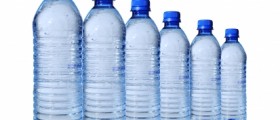


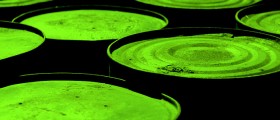

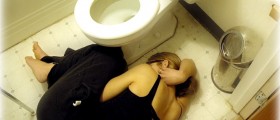




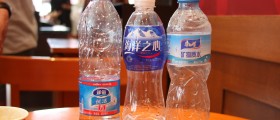
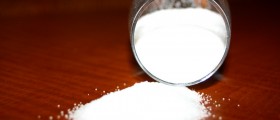
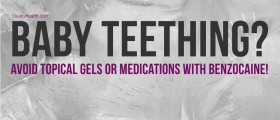
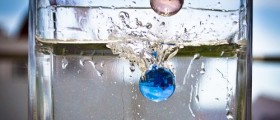
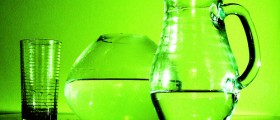
Your thoughts on this
Loading...